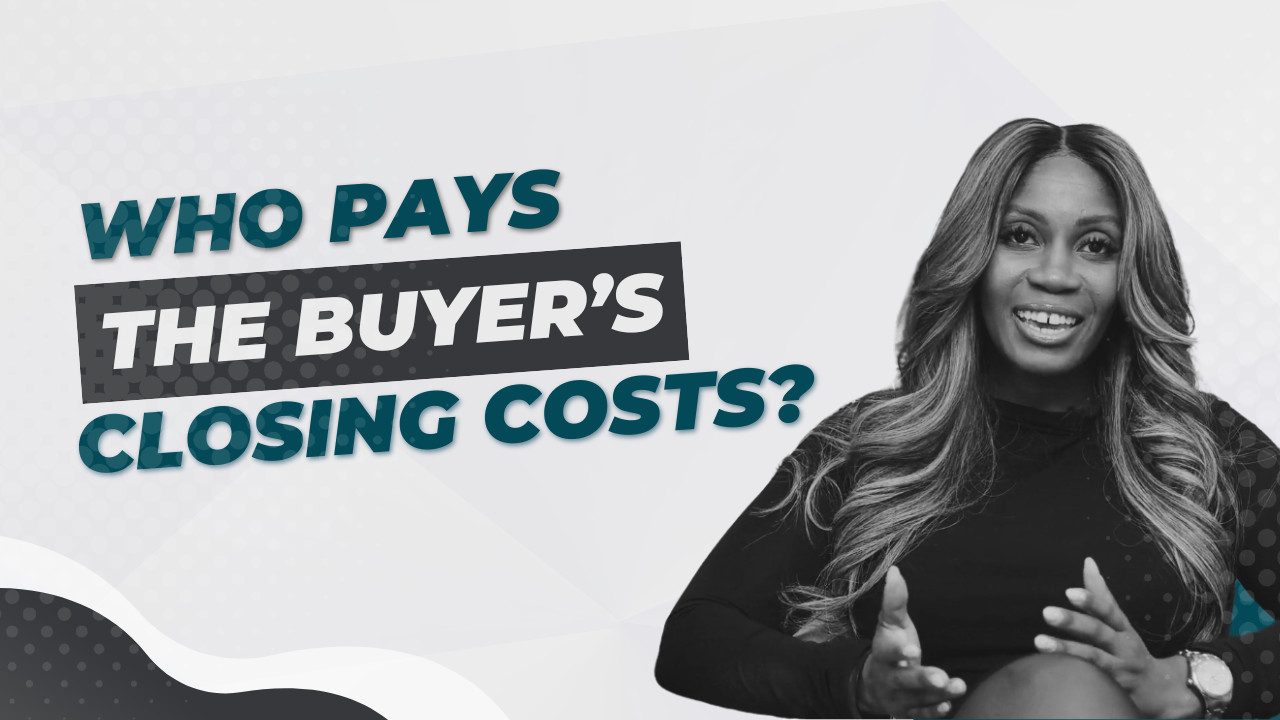
When it comes to selling a property, one of the biggest financial decisions a seller might face is whether to cover the buyer’s closing costs. While some deals make it a strategic move, others might not be as beneficial. So, how do you know when it makes sense?
Why Would a Seller Pay Closing Costs?
In competitive markets, offering to cover closing costs can attract more buyers and even lead to a higher sales price. This is especially common in new development properties, where sellers may choose to cover transfer taxes and other buyer-associated costs to ensure a smoother and faster closing. The goal? Maximize ROI and close the deal quickly.
When It Doesn’t Make Sense
Not all deals benefit from seller-paid closing costs. If a property already has tight margins, the additional expense could cut too deep into profits. For sellers aiming for the highest net proceeds, absorbing extra costs might not be the best financial move. Every deal should be analyzed on a case-by-case basis to determine if this strategy aligns with the seller’s goals.
At the end of the day, paying buyers’ closing costs is a negotiation tool—not a requirement. It should only be done when it makes financial sense for the seller. As a commercial real estate professional, my job is to help clients structure deals that maximize returns and close efficiently.
Are you or someone you know thinking of selling your property? Let’s strategize to ensure you get the best deal possible! Connect with me!